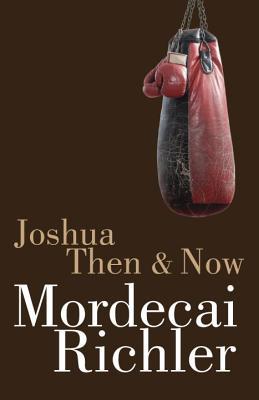What do you think?
Rate this book


496 pages, Paperback
First published January 1, 1980
Grudgingly, his father came to a decision. He dipped into his inside jacket pocket and unfolded a sheet obviously torn from a medical book. "I've been to the library on your behalf," he said, shoving the page at him. "That's what it looks like close up."
"What?"
"Her thing, that's what! The snatch."
Joshua groaned; it looked so uninviting.
"You must understand," his father said with some tenderness, "that this is merely a scientific diagram. A map, like."
"Uh huh."
"Look, if I showed you a relief map of the Rockies, in black and white, you think you'd be impressed?"